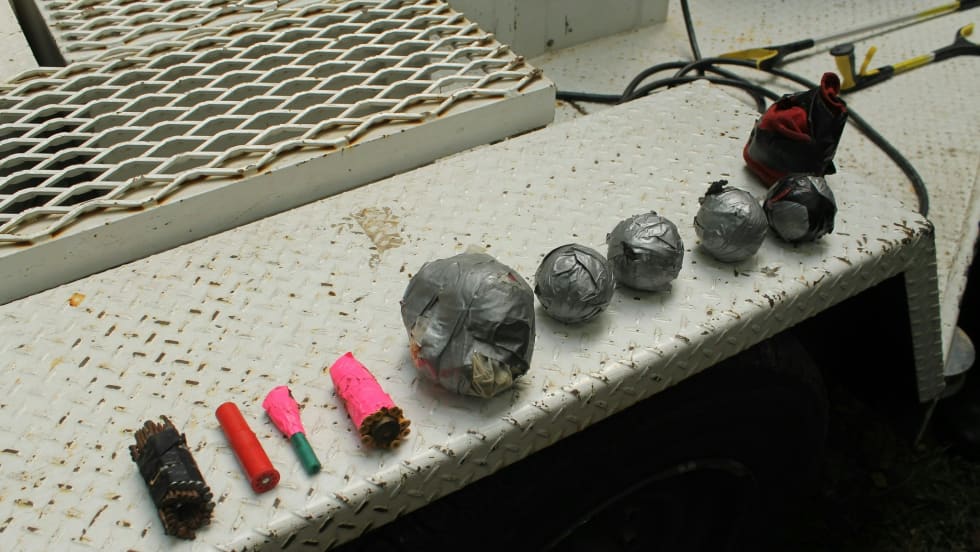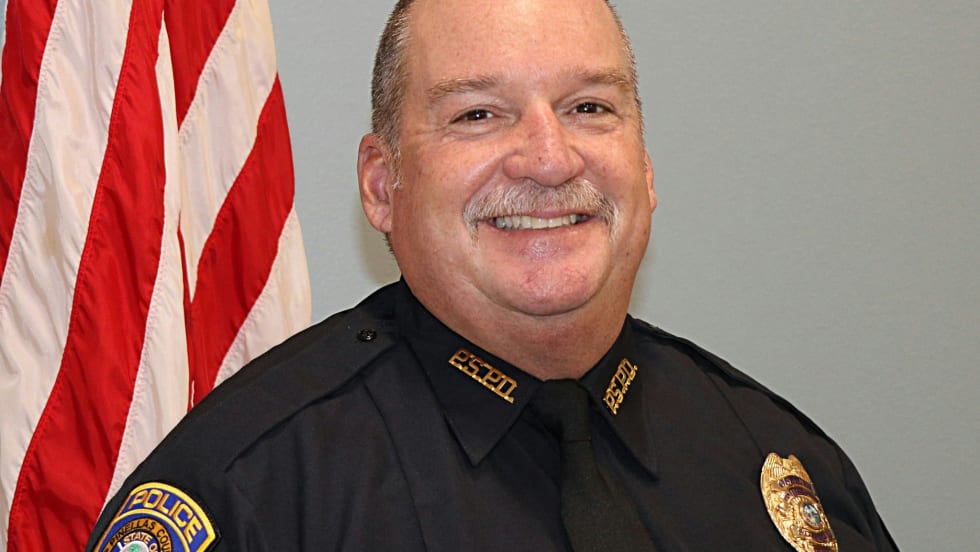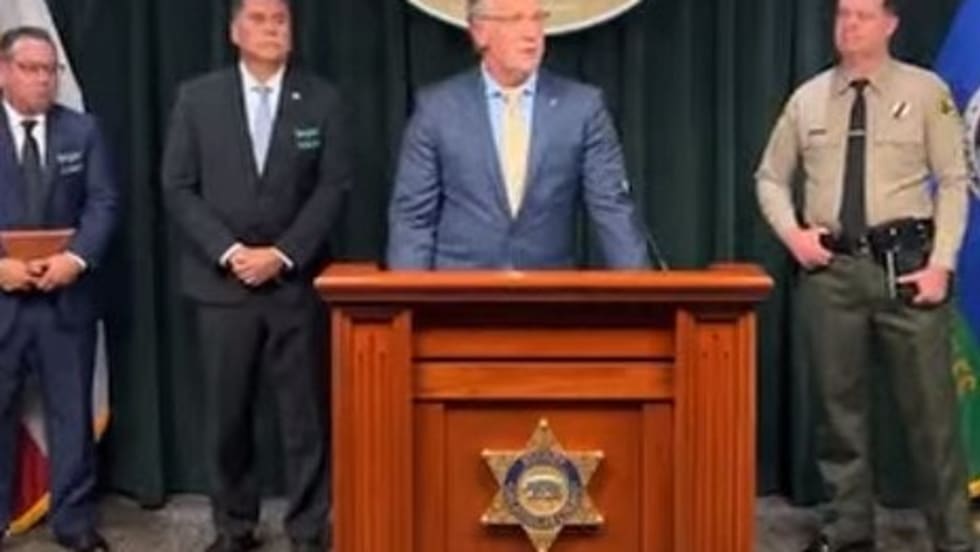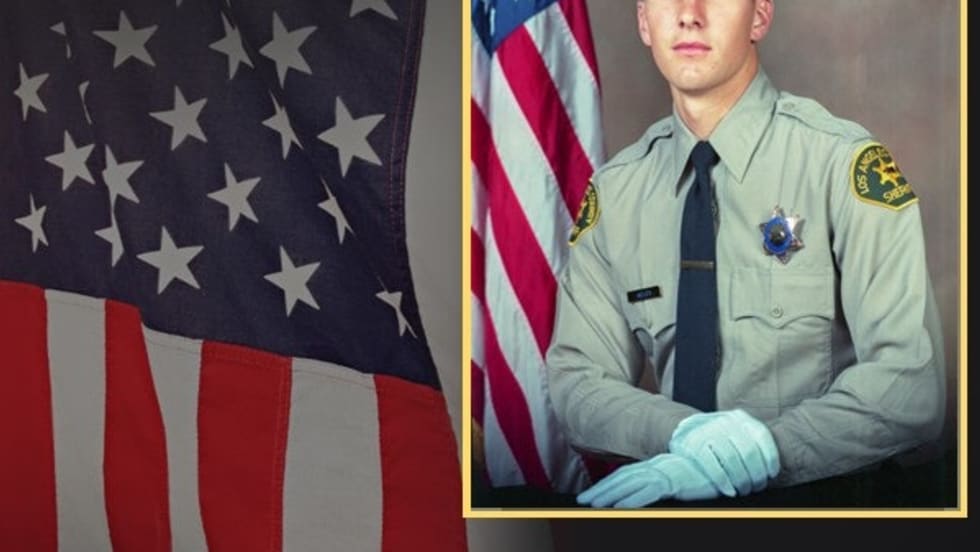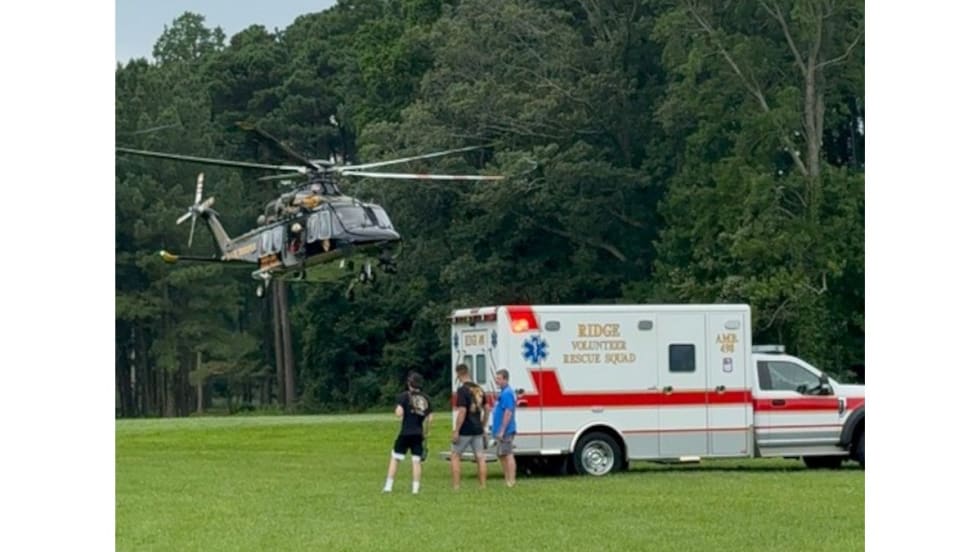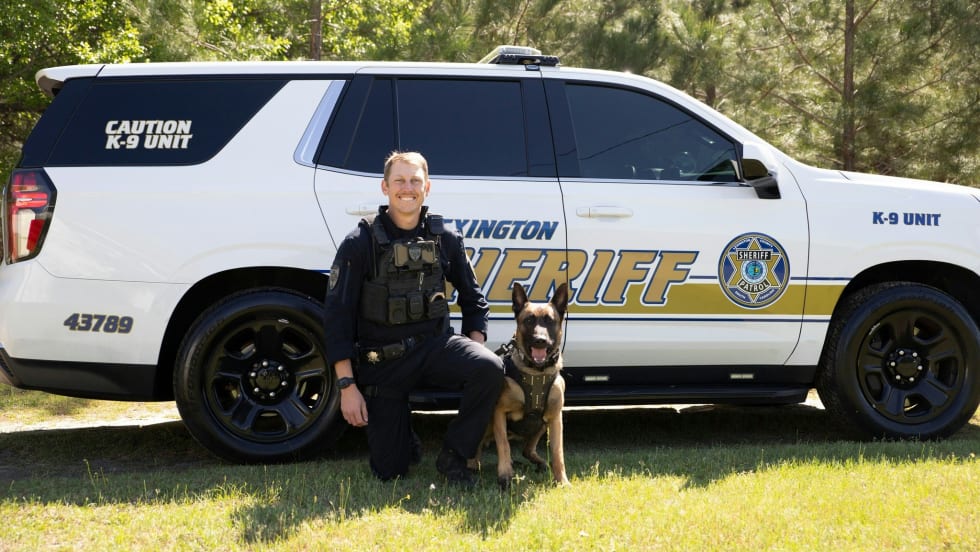People have reported receiving unsolicited e-mails requesting donations to alleged charities related to the Columbia Space Shuttle tragedy. These e-mails may contain links to sites collecting credit card information.
You've probably received many complaints about such scams before, as they are unfortunately common, but here's a reminder of rules consumers should follow:
Never pay in cash. Always pay by check and never make it out to an individual.
Never give credit card, bank, or Social Security number to someone who calls on the telephone. Request information to be mailed to your home.
Consumers should ask the following questions if an unsolicited e-mail or caller is trying to sell them something or asking for money:
Who are you working for?
What is the location of the main office?
What is your phone number so I can call you back?
How did you get my name and phone number?
How will my money be used and by whom?
What state or federal regulator has oversight on your organization?
Is your organization registered by the state?
How much of my money will go for fees and commissions?
"With criminal behavior like this on the rise, consumer awareness should be as well," says Glen B. Gainer III, West Virginia State Auditor and Chairman of the Board of Directors for NW3C. "The heart of any scam prevention effort begins with awareness and we are urging the public to have a heightened sense of caution when asked to respond to any unsolicited e-mail."
The NW3C is a non-profit organization that provides a national support network for enforcement agencies involved in the prevention, investigation, and prosecution of economic and high-tech crime. For more information on this DOJ-funded organization, visit www.nw3c.org.




